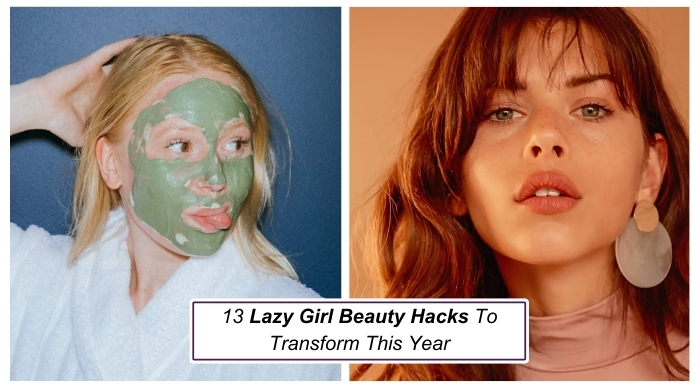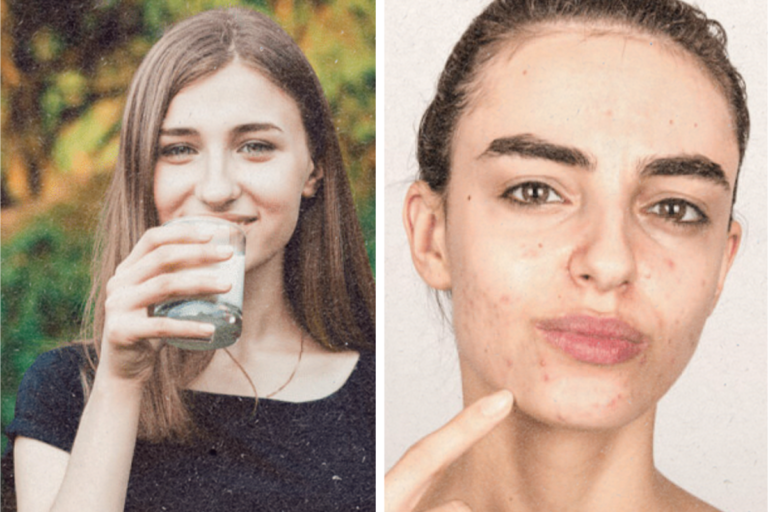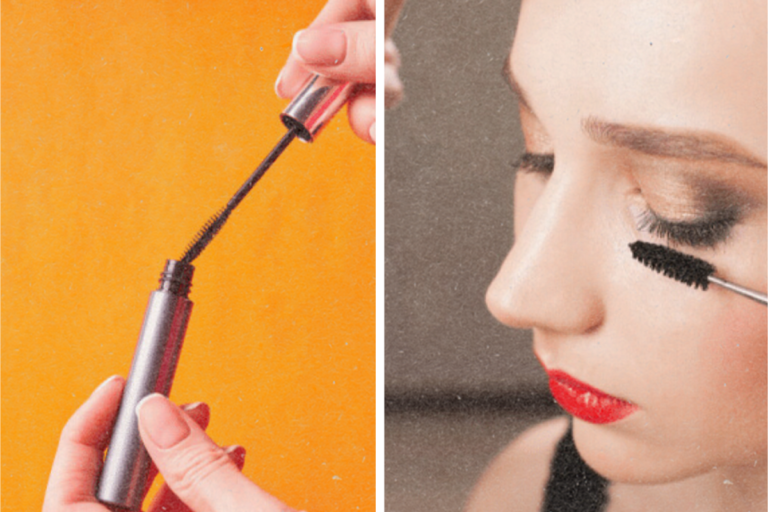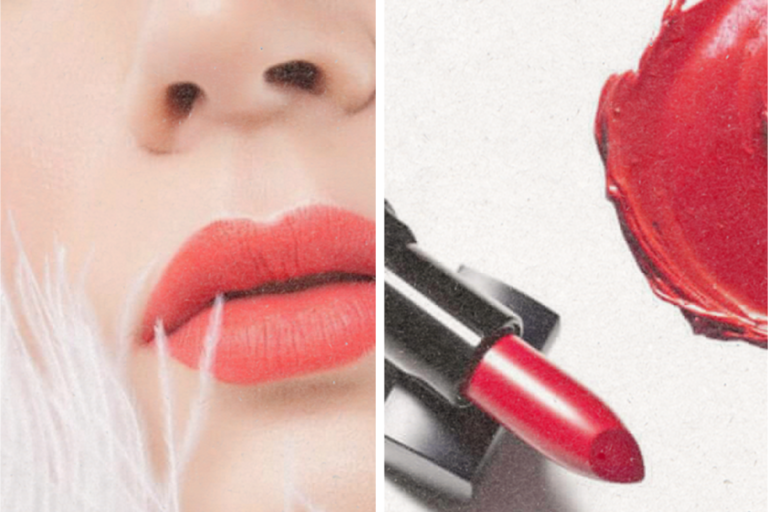The Ultimate Guide to Dark Circles: Causes, Deficiencies, and Effective Treatments

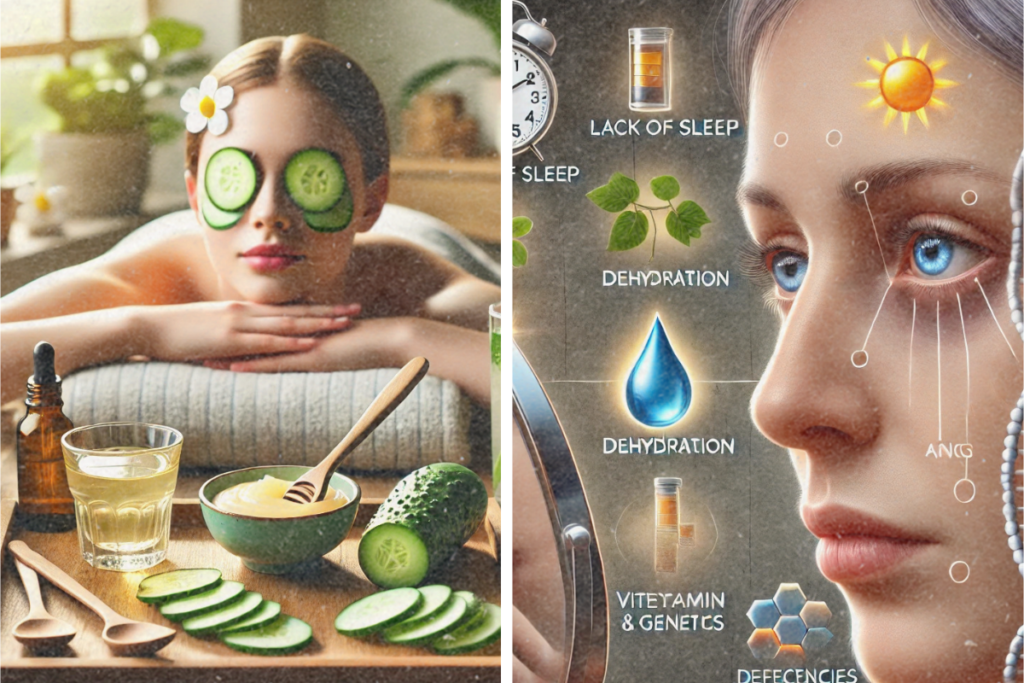
Dark circles under the eyes are a common concern that can make you look fatigued, stressed or older than you feel. But they are something many of us battle with, whether due to genetics, lifestyle habits or pre-existing health conditions. The good news? So learning what causes dark circles and how to treat them will help you reduce them and will make you feel more confident.
Here is your complete guide to understanding what causes dark circles under the eyes, what can we do to reduce or remove them, what to use and avoid, deficiencies & treatments for dark circles under eyes, a few ways to the right path that leads to brighter and healthy skin.
What Causes Dark Circles Under the Eyes?
Dark circles are not the result of magic, they are a symptom of something going on beneath the skin. The following are the most common reasons for dark circles:
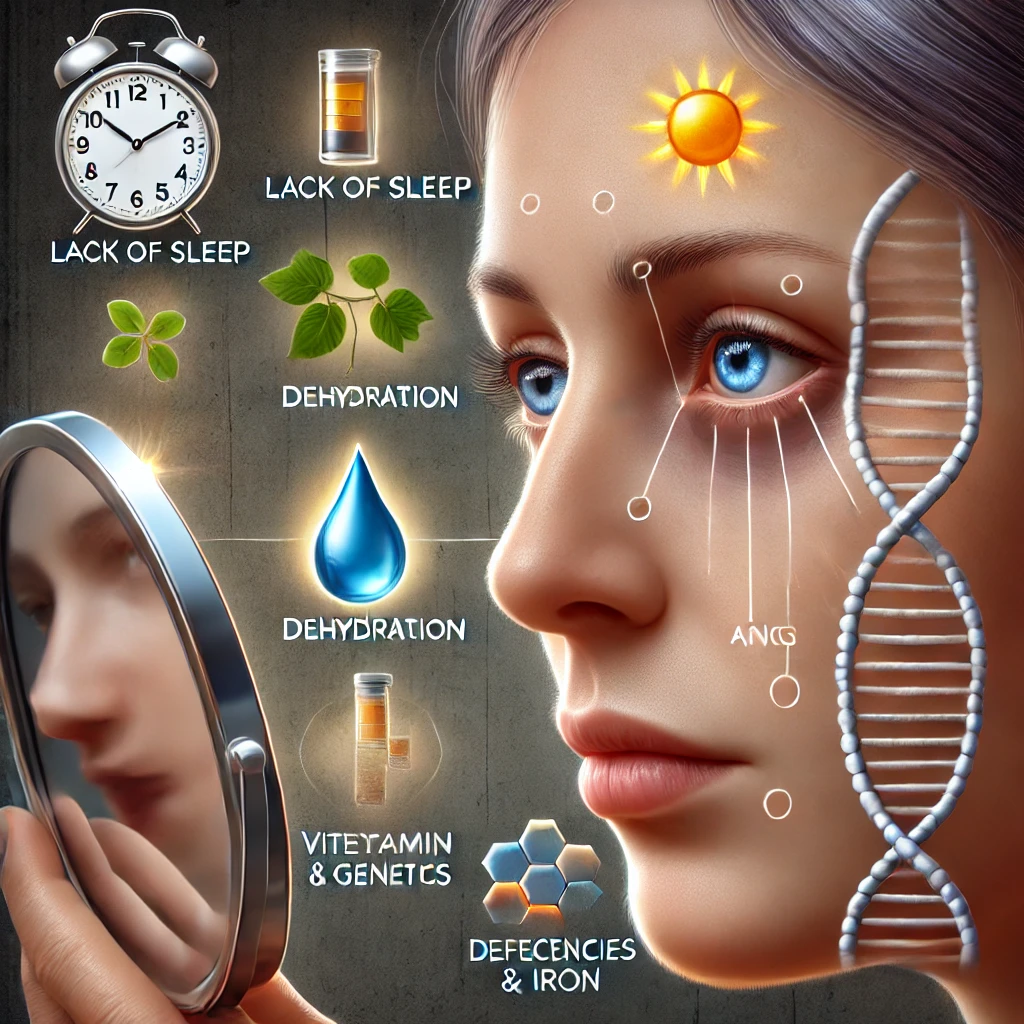
1. Lack of Sleep
Number one, bad sleep is one of the most common suspects. When you lack of sleep it causes skin to pale in color due which causes blood vessels under the eyes to become more visible. Resulting in that dark shadowy look.
2. Genetics
If your Mom, Dad or one of your family member has dark circles, you may also have them. The thinness of the skin under your eyes or the tendency to develop pigmentation in that area is usually genetically determined.
3. Age
With time, your skin deteriorates: collagen and elasticity leave it, and the thinner it is, the better you can see the under-eye blood vessels. Which creates dark circles and shadows under-eye.
4. Vitamin Deficiencies
Dark circles can be accompanied or caused by a deficiency in important vitamins—most important being vitamin C, vitamin K, B12, and iron. They are important to maintain healthy skin, circulation and as a pigmentation reducer.
5. Dehydration
Your skin loses its glow and appears sunken, especially around the eyes when you do not hydrate. Drinking water will leave your skin looking plump and refreshed.
6. Allergies and Sinus Issues
Inflammation and swelling under the eyes from allergies can cause dark circles. The eye usually itches, but rubbing it often aggravates the matter.
7. Lifestyle Habits
Dark circles can be caused by prolonged screen time, smoking, drinking alcohol and an unhealthy diet. The eyes become fatigued from looking at screens for long periods of time, while the skin surrounding the eye area weakens due to poor habits.
8. Health Conditions
Dark circles can also be a sign of certain health issues such as anemia (low iron levels), liver problems, or autoimmune diseases. Consult a doctor if you suspect a health condition otherwise, he will make a diagnosis and treat you accordingly.
What Deficiencies Cause Dark Circles?
Vitamin and mineral deficiencies are often linked to dark circles. Here are the key deficiencies to watch out for:
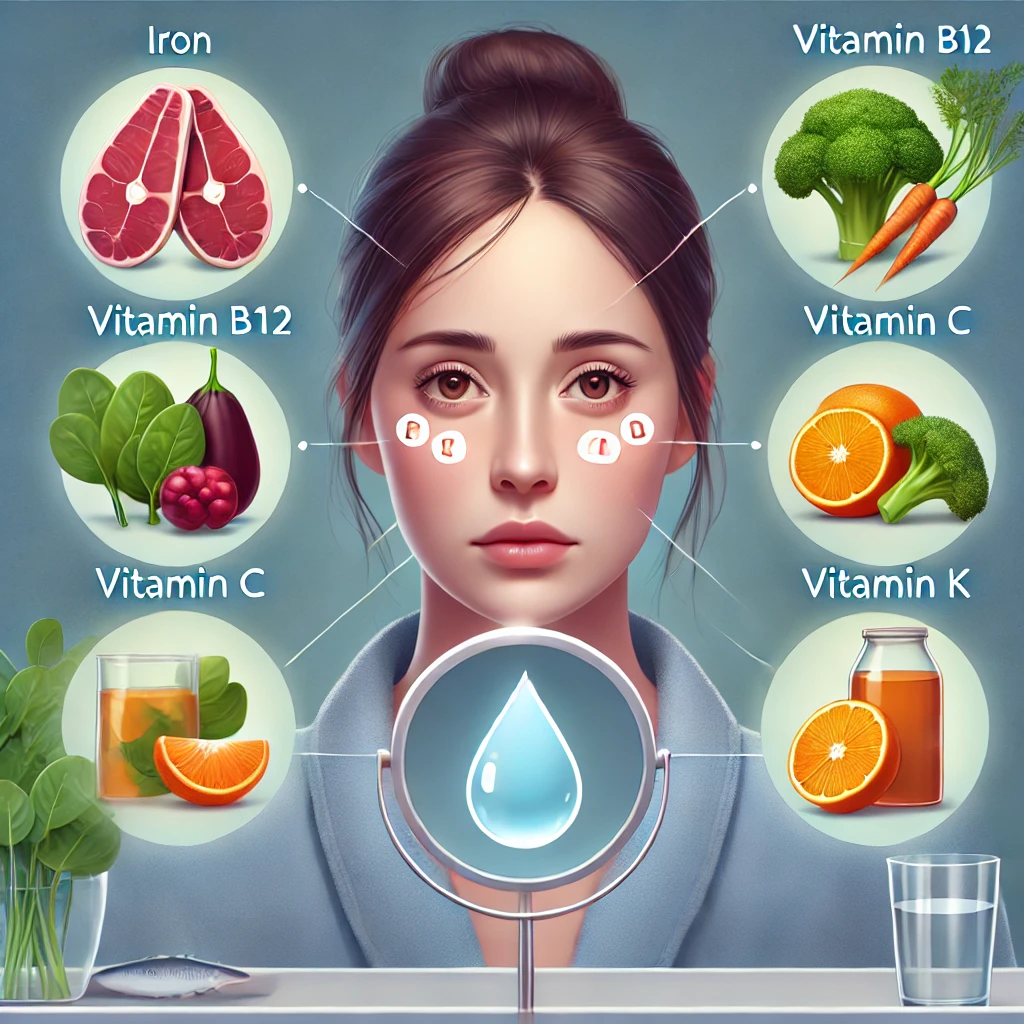
1. Iron Deficiency
Anemia from low iron decreases oxygen delivery to tissues. It clouds the skin under your eyes, adding dark and dull spots where skin will appear sickly and dry. In this case you should consume more food rich in iron e.g. spinach, red meat and beans.
2. Vitamin B12 Deficiency
If you are planning to buy Vitamin B12 it plays a very important role in red blood cells circulation. Deficiency of B12 can make your eyes look tired and dark circles can start appearing. Incorporating fish, eggs, and dairy products in your diet or taking supplements can potentially increase B12 levels.
3. Vitamin C Deficiency
It is a crucial vitamin for collagen related functions and skin functions. It has a brightening effect on the skin and is also a good option for reducing pigmentation. Eat orange food, strawberries and bell peppers, to raise vitamin C.
4. Vitamin K Deficiency
Vitamin K enhances blood flow and minimizes colour under the eyes. Green leafy veggies, all the way down to broccoli, kale, and Brussels sprouts are great assets of vitamin K.
5. Dehydration
Dehydration — though not a vitamin deficiency — is another that can exacerbate dark circles. 8 Drinking glass of water remain in a day will maintain your skin hydrated as well as rejuvenated.
How to Treat Dark Circles Under the Eyes
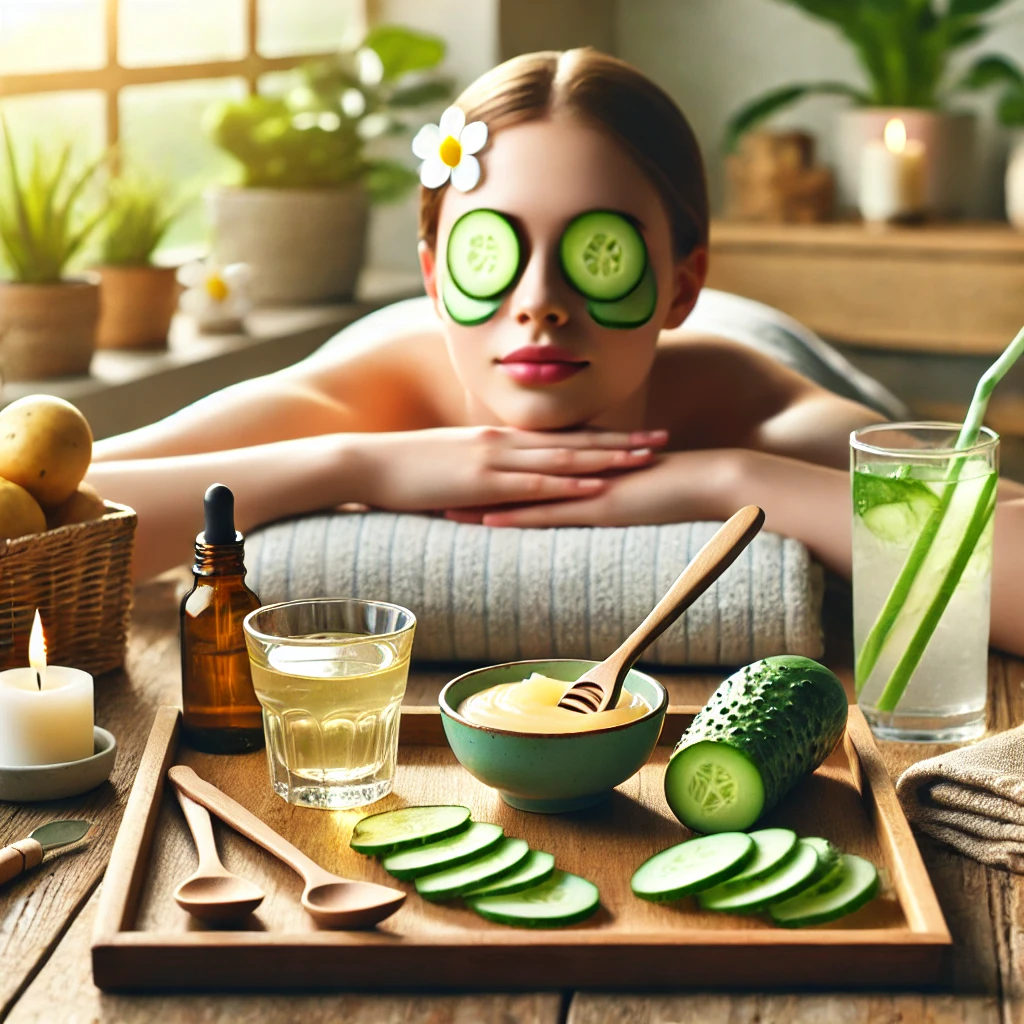
Dark circles may seem stubborn, but with the right approach, you can reduce their appearance. Here are some effective treatments:
1. Home Remedies
Cold Compress
Applying a cold compress can constrict blood vessels and reduce swelling. Place chilled spoons, a cold tea bag, or a damp cloth over your eyes for 10-15 minutes.
Cucumber Slices
Cucumbers have skin-lightening and soothing properties. Place cold cucumber slices on your eyes for 10 minutes to brighten the area and reduce puffiness.
Potato Juice
Potatoes contain natural bleaching agents. Extract potato juice, soak a cotton pad, and apply it to the dark circles for 15 minutes.
Aloe Vera Gel
Aloe vera hydrates and soothes the skin. Apply a small amount of fresh aloe vera gel under your eyes before bed and rinse it off in the morning.
2. Over-the-Counter Treatments

Eye Creams with Vitamin C and Retinol
Eye creams with ingredients like vitamin C, retinol, and hyaluronic acid can lighten dark circles, improve skin elasticity, and reduce pigmentation.
Caffeine-Infused Products
Caffeine helps constrict blood vessels and reduce puffiness. Look for eye serums or creams that contain caffeine as an active ingredient.
Vitamin K Creams
Vitamin K improves blood circulation and minimizes discoloration under the eyes. Regular use can lighten dark circles over time.
3. Medical Treatments
If dark circles are persistent, you may consider professional treatments:
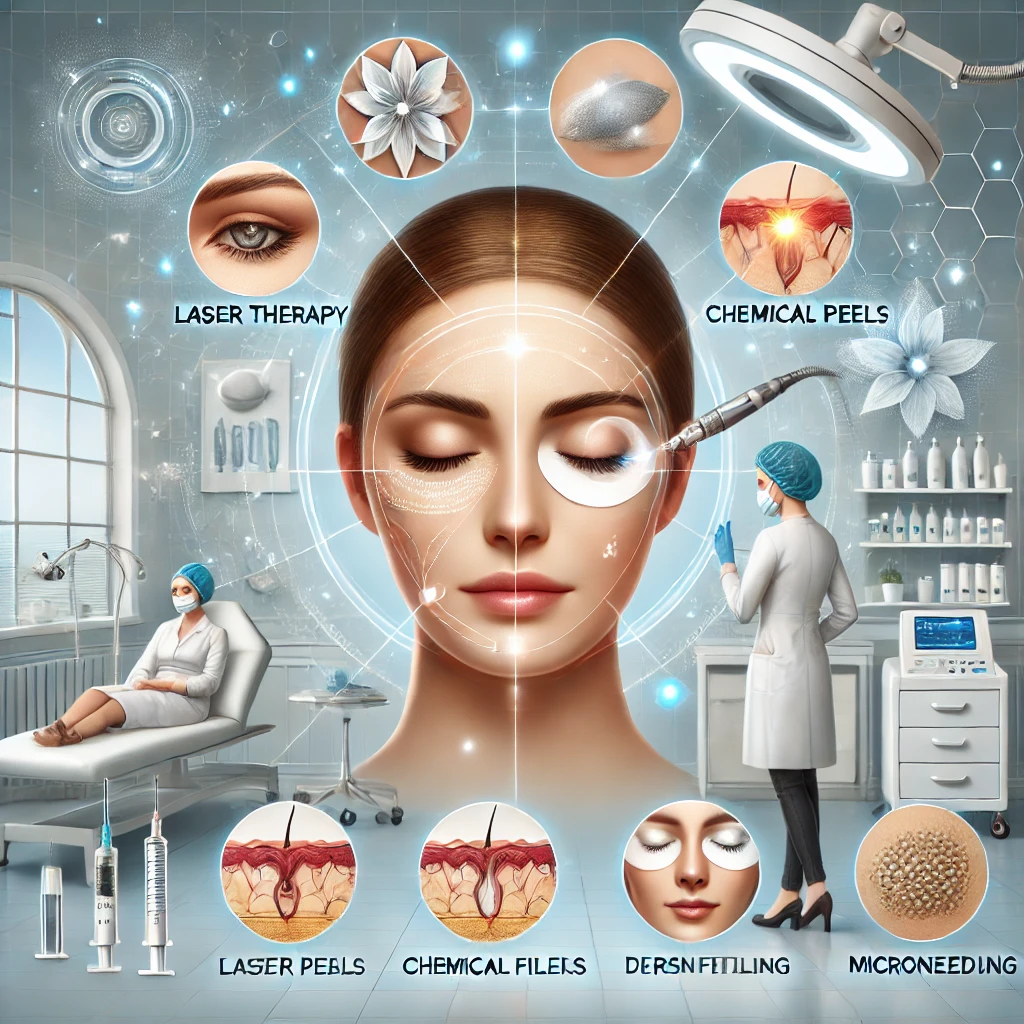
- Chemical Peels: These treatments use acids to exfoliate and lighten pigmented skin.
- Laser Therapy: Lasers target pigmentation and boost collagen production, improving the appearance of dark circles.
- Dermal Fillers: Fillers are used to plump the area under the eyes, reducing shadows caused by hollowness.
- Microneedling: This treatment stimulates collagen production, improving skin texture and reducing dark circles.
Consult a dermatologist to determine which treatment suits your needs.
How to Prevent Dark Circles
Prevention is always better than cure. Here are some tips to prevent dark circles from forming:
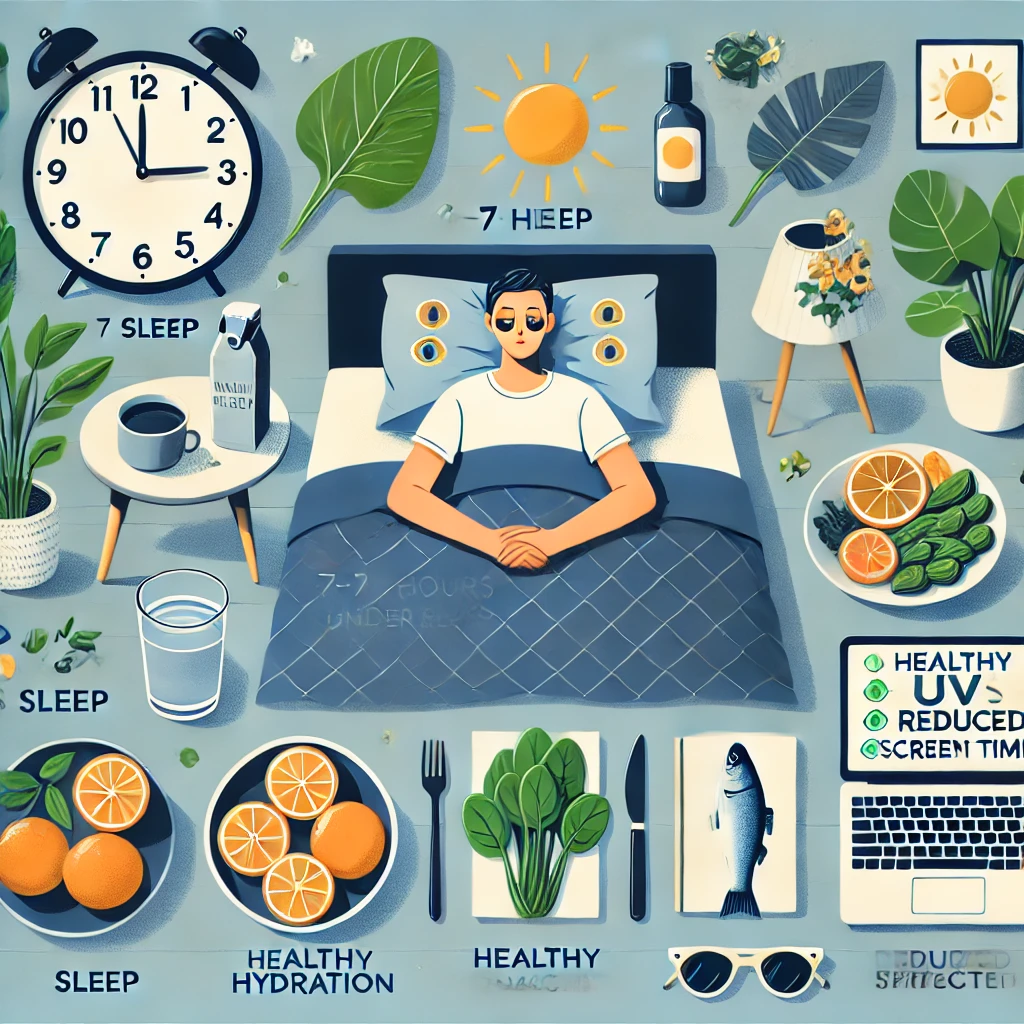
- Get Enough Sleep: Aim for 7-9 hours of quality sleep each night.
- Stay Hydrated: Drink plenty of water throughout the day.
- Eat a Balanced Diet: Include iron, vitamins C, K, and B12 in your meals.
- Reduce Screen Time: Limit screen exposure and take regular breaks to rest your eyes.
- Use Sunscreen: Protect the delicate under-eye skin from harmful UV rays by applying sunscreen or wearing sunglasses.
- Avoid Rubbing Your Eyes: Excessive rubbing can damage the skin and worsen dark circles.
- Manage Allergies: Treat allergies with antihistamines to prevent under-eye puffiness and darkness.
FAQs About Dark Circles
1. Do Dark Circles Go Away?
Yes, with proper care and treatment, dark circles can be reduced significantly. However, if they’re caused by genetics, they may not disappear completely.
2. Can Vitamin C Help with Dark Circles?
Absolutely! Vitamin C boosts collagen production, brightens the skin, and reduces pigmentation. Use a vitamin C serum regularly for visible results.
3. How Long Do Raccoon Eyes Last?
Raccoon eyes caused by fatigue or dehydration can improve within a few days with proper sleep, hydration, and treatment.
4. Are Dark Circles a Sign of Liver Problems?
In some cases, dark circles can indicate liver issues or other health conditions. If they’re persistent and accompanied by other symptoms, consult a healthcare professional.
Brighten Your Under-Eye Area Today
Dark circles are annoying, but not an impossible task. After understanding the possible reasons like, less sleep, vitamin deficiencies, and lifestyle; you can manage them to reduce its appearance and also to avoid its reappearance.
Combining some home remedies, eye creams, and healthy lifestyle habits can restore the under-eye area. And that patience is the key! Youll notice your eyes are looking much brighter and healthy quicker than you can imagine with a little diligence.
If none of these treatments resolve your dark circles, you should see your dermatologist or other health provider for individualized treatment.
Take care of yourself—because brighter eyes lead to a more confident you! 😊

